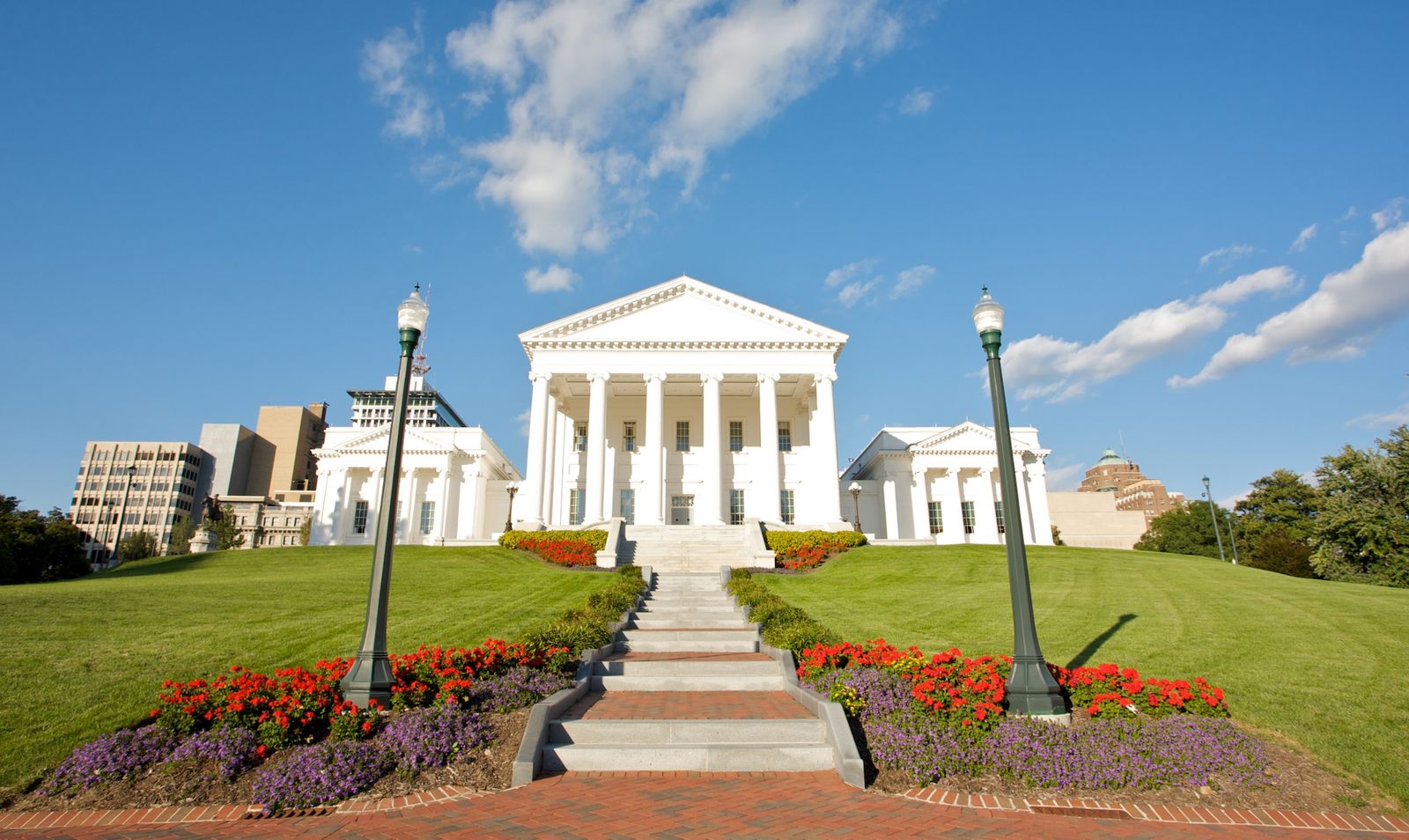Examining Virginia’s Approach to Online Safety

Lawmakers in Virginia have been particularly active in crafting online safety legislation. The state was the second in the country to pass a data privacy law, and also established age verification requirements for accessing adult websites. It is also considering additional actions as part of Governor Glenn Youngkin’s initiative to protect young people’s mental health. Some of these policies are welcomed and will improve online safety for Virginians. Others are promising ideas that need to be clarified or amended slightly. And others may actually prove harmful to residents and should be reconsidered.
One of the recent initiatives Virginia introduced was the Right Help, Right Now (RHRN) plan. This package of laws aims to address mental and behavioral health for all Virginians. Most recently, Governor Youngkin announced a Youth Mental Health strategy as a subcategory of the RHRN initiative. The strategy outlined several practices to address the youth mental health crisis in Virginia. Part of the strategy includes online safety measures such as addressing risks from social media, protecting youth data, and banning TikTok.
Certain aspects of the RHRN plan hit the mark in addressing the underlying issues of children’s online safety, while others do not. Tackling some of the harms of social media and protecting youth data privacy are great ways to address some of the issues young people face online. Reducing and preventing harms on social media should involve tools that empower young people to use technology responsibly while giving them and their caregivers access to additional privacy and safety tools.
Blanket bans on apps, however, are ineffective and do not empower young people to safely navigate the internet. Recently, Montana attempted to ban TikTok in the state and the law was subsequently blocked by a U.S. District Judge for being unconstitutional. Outright bans of individual apps miss a critical opportunity to educate teens about healthy social media use and inhibit innovative solutions to youth safety that allow them to safely explore the internet. Bans also remove all the positive experiences of being online, including learning and access to information, building communities and socializing, self expression, and having fun.
An area where Virginia made great progress in protecting their constituents online was the passage of their data privacy law. On the spectrum of state privacy laws across the country, Virginia offers fewer protections to consumers than other states, such as California. But lawmakers recently introduced additional protections for children’s data in HB 707. This bill would ban targeted advertising to children and restrict the collection of geolocation data for children without their consent. Updating the existing law with these additional protections for children’s data would be a welcomed development in the effort to keep kids safe online.
In addition to a data privacy law, Virginia passed strict age verification requirements for adult websites that feature at least 33% pornagraphic content. This raised some concerns from adult content creators suggesting that it is unreasonable for adults to upload ID in order to access their content. The Family Online Safety Institute (FOSI) recently published a white paper on the benefits and complexities of age assurance measures. There are many tradeoffs to consider when regulating age assurance, and we strongly recommend legislators take a thoughtful, risk-based approach that balances privacy and effectiveness, and do not ignore questions of equity related to freedom of speech and access to information.
While Virginia considers additional ideas to protect children online in this and future legislative sessions, FOSI encourages a collaborative approach between policymakers, families (including young people), and industry members in order to effectively address youth online safety while not overly restricting teens’ online lives. A few effective measures include:
- Building online safety protections on top of data privacy (as the UK has done).
- Empowering families to discuss what is safe and appropriate behavior online, across any platform. For tips on how to do this, check out FOSI’s Good Digital Parenting resources.
- Recognizing differences in social media platforms and how they work (for regulators and for families).
- Taking advantage of in-app parental tools such as screen time limits, direct messaging restrictions, and increased privacy settings, as well as customizable user safety tools.
- Approaching digital media literacy education in a balanced manner that acknowledges the risks, mitigates the harms, and reaps the rewards of online life.
Virginia has made admirable strides in protecting its citizens from digital harms and has gone the extra mile to increase data privacy protections for kids. However, we still have some significant concerns about ideas like banning entire apps and would like more clarification around important aspects of online safety like age verification. A thoughtful, collaborative approach should be taken to ensure young people have safe experiences while still being able to explore, learn, and create online.

 Marissa Edmund
Marissa Edmund